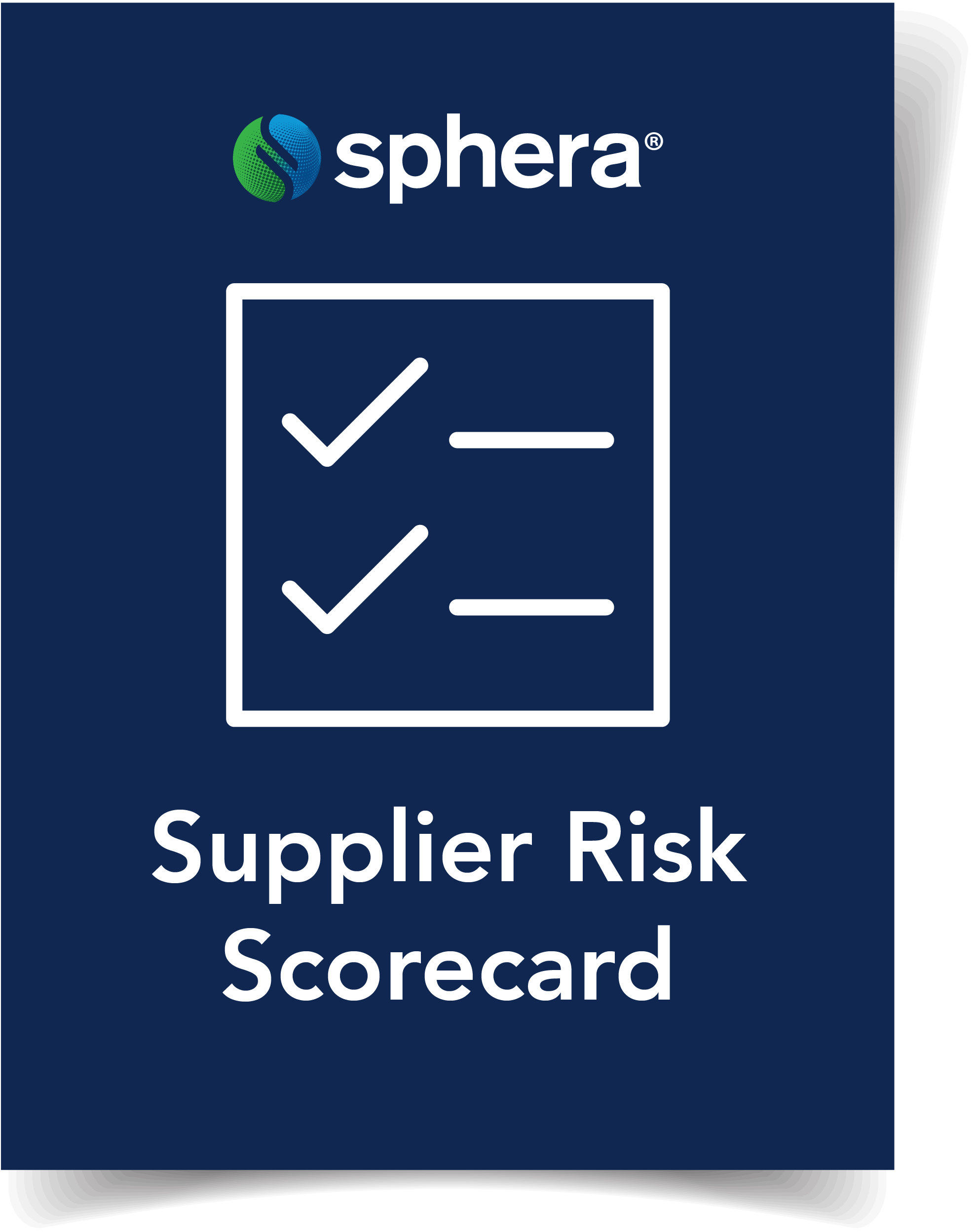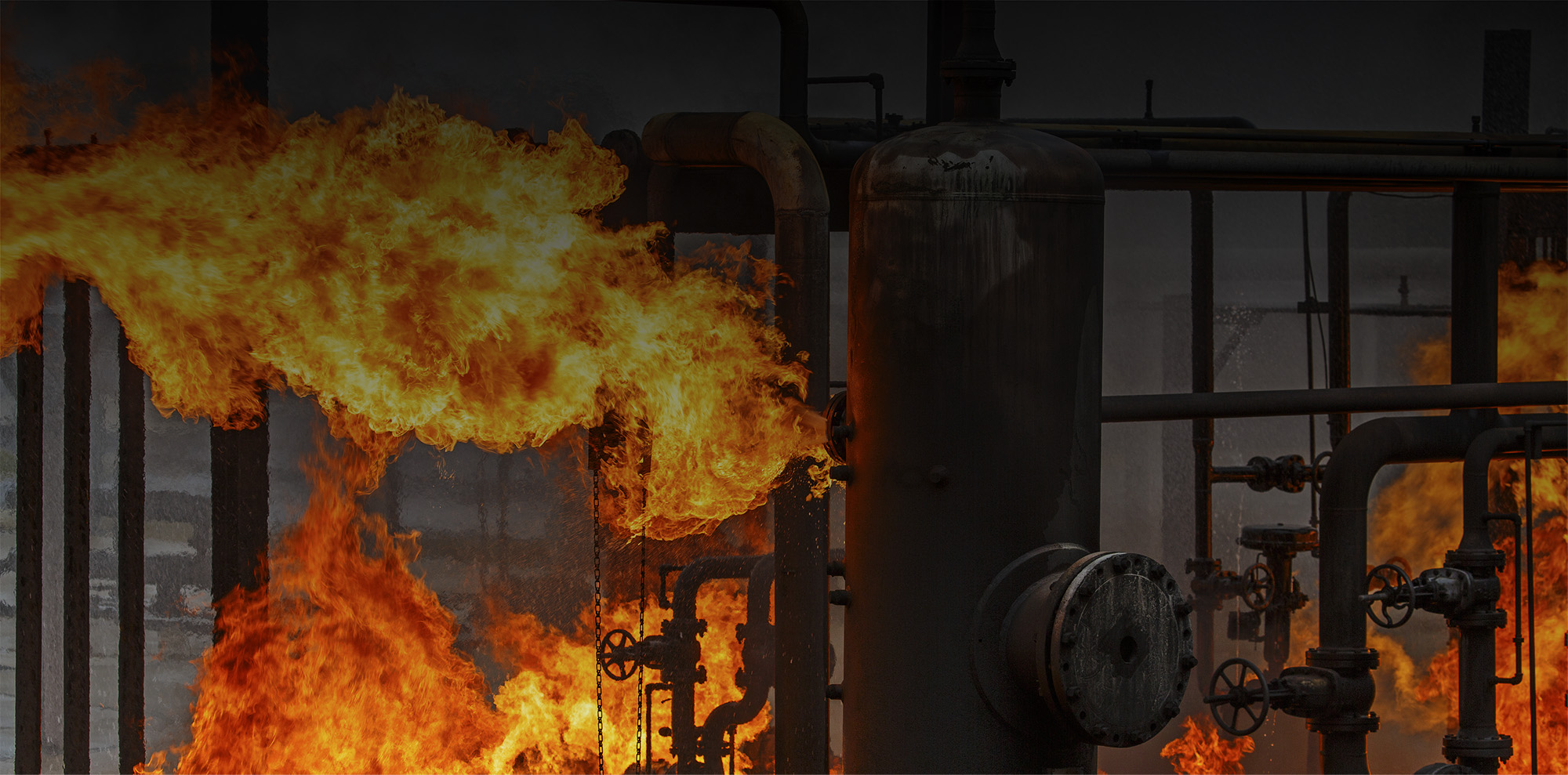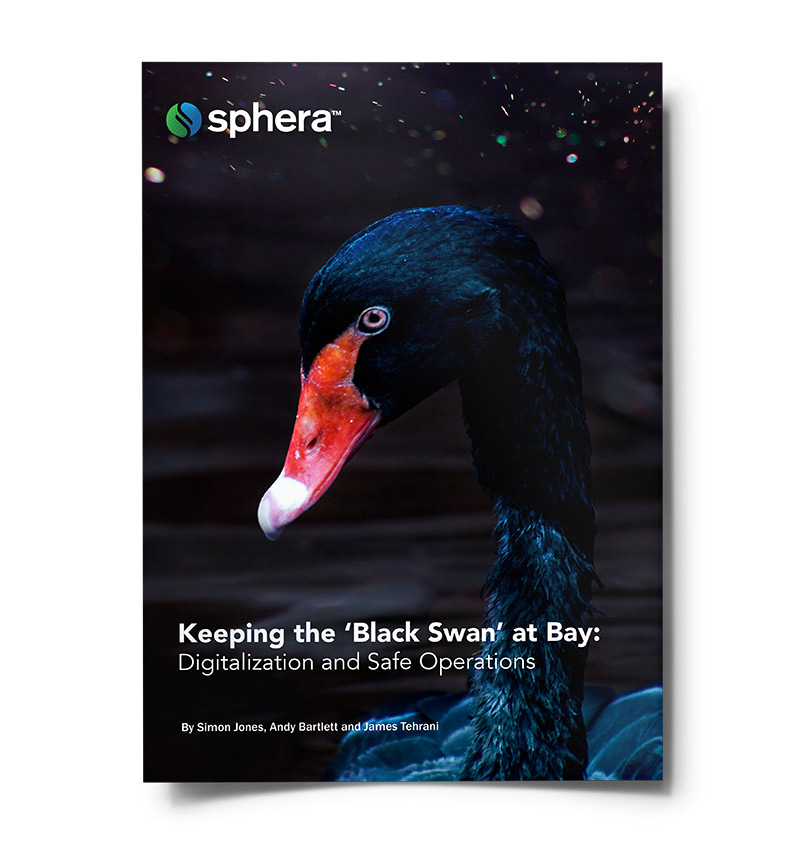The mission of every pharmaceutical company is ultimately the same: to take better care of people. But unfortunately, a lot of things get in the way of that mission. Fluctuating costs of raw materials, counterfeit drugs, pressure on drug prices, patent cliffs and the struggle associated with managing digital transformation are among the issues that plague the pharmaceutical industry and that make their mission harder to achieve.
3 Types of Risks in the Pharmaceutical Industry
Yet those are not the only obstacles. Because all eyes are on the more top-level concerns, some big issues are going under the radar—and they are the ones that are really stopping pharmaceutical companies from doing their job. Here are three surprising risks facing the pharmaceutical industry:
1. Unexpected Lack of Treatment Sites for Clinical Trials
Research and development (R&D) is often the lifeblood of pharmaceutical companies. Without it, they lack the ability to innovate, to develop new products and to fulfill their mission of helping people. If something keeps the R&D process from working, it can keep the entire company from working.
2. Anything That Ruins Clinical Trials
A clinical trial requires deep precision and predictability, and an inability to deliver this can render it useless. For example, if a power outage shuts down the clinical trial site, companies are unable to provide patients with the prescribed treatments. If flooding has made a major roadway to the treatment site impassable, it becomes impossible for patients to get there.
Pharmaceutical companies that are serious about research and drug development need to make sure their clinical trials go off without a hitch. And that requires active monitoring of their treatment sites to keep on top of any disruptive events that could affect them.
3. Delayed Delivery of Pharma Supplies
By the same token, the risks for pharmaceutical companies include unreliable suppliers. Scientists, physicians and pharmacists have to make sure that the drugs they need for their clinical trials are delivered on time. After all—what is the value of an open treatment center if you do not have the supplies you need to actually treat anyone?
Countless factors can disrupt the pharmaceutical supply chain: natural hazards such as hurricanes, fires or explosions at a chemicals producer; bankruptcy of a key logistics provider; the closure of a seaport due to a strike; or geopolitical events. Knowing where pharma supply comes from is essential. Making sure that deliveries arrive on time is key to making sure clinical trials run smoothly. Companies are then one step closer to ensuring that their drug is approved.

Be Aware of Pharmaceutical Industry Risks
So, risk-aware drug companies begin monitoring all their treatment sites to avoid being surprised by an unexpected closure. Pharmaceutical manufacturers also monitor the supply paths to make sure that deliveries arrive at manufacturing facilities in time. Monitoring provides companies with a lot of information—but they need to be able to interpret that data. This helps them understand which potential risks are most likely to cause problems for the drug manufacturing processes.
When it comes to risk management, this is one of the trickiest pieces of the puzzle. Which risks are the greatest? To answer this question, companies must be able to assess the risk of the objects they are monitoring. This will give them an overall understanding of how at-risk they really are.
This involves analyzing the impact of potential risk events. Then, through proactive measures, they can address certain risks, such as supplier clusters in hurricane-prone areas. And with ready-made action plans, pharmaceutical companies can react much faster when risk events strike. This helps them avoid the worst consequences and mitigate the costs.

With all the pressing issues and safety risks facing the pharmaceutical industry, managing supply chain risk is a lot to take on. The good news is that technology can help. Supply chains become less vulnerable to disruption, and clinical trials become more reliable. This in turn helps to keep the production of prescription drugs, as well as generic drugs, running smoothly. Ultimately, it becomes much easier for pharmaceutical companies to contribute to health care systems and to achieve their mission of helping people live healthier lives.
riskmethods was acquired by Sphera in October 2022. This content originally appeared on the riskmethods website and was slightly modified for sphera.com.










